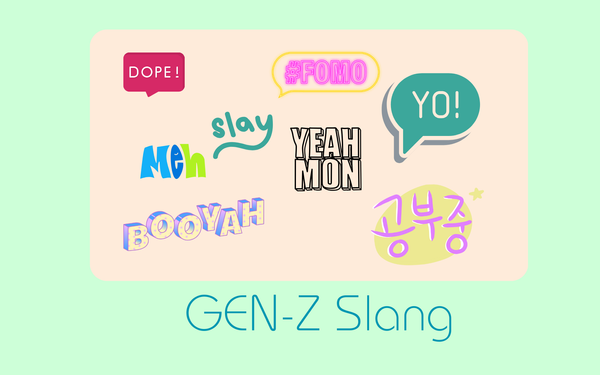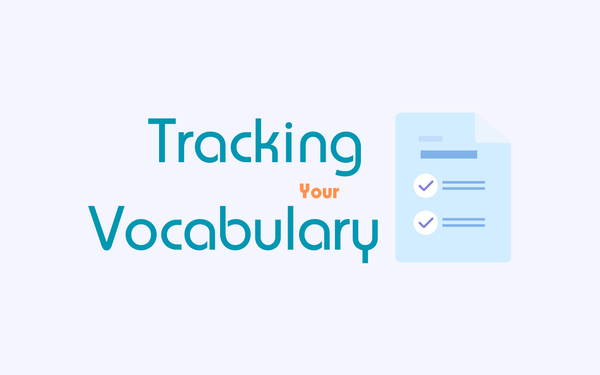Fundamentals Of Building A Strong Vocabulary
Elevate your language skills with techniques designed to build vocabulary faster. Explore innovative methods for quicker word acquisition.

Having a strong vocabulary is essential for effective communication, whether it be in written or spoken form. It not only helps you convey your ideas and thoughts more clearly but also helps you understand the ideas and thoughts of others. In this article, we will discuss some of the fundamental principles for building a strong vocabulary.
Read, Read, Read
One of the best ways to build your vocabulary is to read regularly. Reading exposes you to a variety of words and their usage in different contexts. You can start by reading books, newspapers, magazines, or any other form of literature that interests you. Reading will not only help you learn new words but also help you understand the context in which they are used.
When you come across a word that you don't know, make sure to look it up and try to understand its meaning. You can use a dictionary, a thesaurus or even Google to find the meaning of a word. Once you have found the meaning of the word, try to use it in a sentence to make sure you understand its usage.
Learn Roots, Prefixes, and Suffixes
Many words in the English language share common roots, prefixes, and suffixes. Learning these word parts can help you understand the meaning of new words and even guess the meaning of unfamiliar words. For example, the prefix "pre-" means "before" or "in advance." So, if you know the meaning of the prefix, you can easily understand the meaning of words like "preview," "preparation," and "precaution."
Similarly, the suffix "-able" means "capable of" or "worthy of." So, words like "readable," "manageable," and "comfortable" all share the same suffix and have similar meanings. Learning these roots, prefixes, and suffixes can help you build your vocabulary more efficiently.
Use Flashcards and Vocabulary Lists
Using flashcards and vocabulary lists can be an effective way to learn new words and their meanings. Flashcards are particularly helpful for memorizing words, and vocabulary lists can help you keep track of the words you have learned. You can create your own flashcards and lists or use online resources like Quizlet or Anki.
When creating flashcards, make sure to include the word, its definition, and an example sentence that uses the word. This will help you understand how the word is used in context and make it easier for you to remember the word.
Practice, Practice, Practice
Like any other skill, building your vocabulary requires consistent practice. Try to use the words you have learned in your everyday conversations and writing. This will help you remember the words and their meanings and also improve your communication skills.
You can also practice by taking vocabulary quizzes or playing word games like Scrabble or Boggle. These activities will help you reinforce the words you have learned and make learning new words more enjoyable.
Be Patient
Building a strong vocabulary is a long-term process that requires patience and dedication. Don't get discouraged if you don't see immediate results. Keep reading, learning roots and prefixes, using flashcards and lists, practicing, and be patient with yourself. It takes time to build a strong vocabulary, but with consistent effort, you will see progress.
In conclusion, building a strong vocabulary is a fundamental skill that can have a significant impact on your communication and overall success. Reading regularly, learning roots and prefixes, using flashcards and lists, practicing, and being patient are all important principles for building a strong vocabulary. With consistent effort, you can expand your vocabulary and improve your communication skills.
Surround Yourself with Language
Another way to build a strong vocabulary is to surround yourself with language. Engage in conversations with people who speak the language you want to learn. This will expose you to different words and phrases and help you practice using them in a natural way.
You can also watch TV shows and movies, listen to podcasts, and read online forums or discussion boards to immerse yourself in the language. This will help you learn new words and understand how they are used in different contexts.
Use the Right Tools
Using the right tools can make a significant difference in building a strong vocabulary. Here are some of the tools you can use:
Dictionary: A dictionary is an essential tool for building vocabulary. Look up words you don't know and learn their meanings.
Thesaurus: A thesaurus is a tool that helps you find synonyms and antonyms for words. It can help you find alternative words to use in your writing or conversations.
Vocabulary apps: There are many vocabulary apps available for smartphones and tablets that can help you learn new words and test your knowledge.
Word of the day emails: Many websites and apps offer word of the day emails that provide you with a new word and its meaning every day. This can be a fun and easy way to learn new words.
Vocabulary books: There are many vocabulary books available that can help you expand your vocabulary. Choose a book that suits your level and interests.
Keep a Vocabulary Journal
Keeping a vocabulary journal is an effective way to track your progress and reinforce the words you have learned. Write down new words you come across, their definitions, and example sentences that use the words. This will help you remember the words and understand how they are used in context.
Review your vocabulary journal regularly and practice using the words in your writing and conversations. This will help you retain the words and make them a part of your everyday vocabulary.
Building a strong vocabulary is a crucial aspect of effective communication. By following these fundamental principles, you can improve your vocabulary and enhance your communication skills.
Bonus: Remember to read, learn roots and prefixes, use flashcards and lists, practice, be patient, surround yourself with language, use the right tools, and keep a vocabulary journal.
But most of these will fall short when you read online, here the Dictozo comes into the picture. You can amplify your learning process by letting dictozo store and highlight complex and difficult words so that you don't have to recall them again and make a permanent space in your subconscious mind.
With consistent effort, you can build a robust vocabulary that will serve you well in all areas of life.




